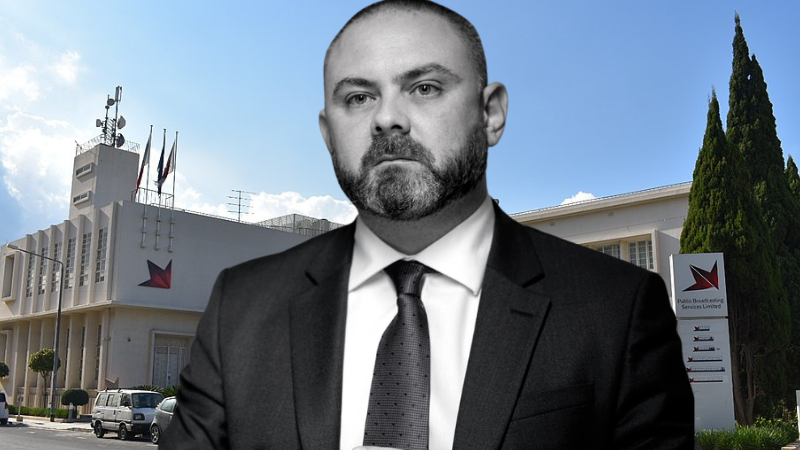In an 18-page report filled with caveats, subtleties and persuasiveness, the Venice Commission on Friday attempted to shape a reform process that had been stalled since its original opinion in December 2018.
The commission of constitutional experts – an organ of the Council of Europe whose full name is the European Commission for Democracy through Law – expressed mindfulness of the hesitancy manifest in the government’s written proposals of 13 May by pointing out that “as with any preliminary proposal or concept paper, a full assessment can only be made when concrete texts are available.”
This could happen as early as “next week” according to Prime Minister Robert Abela, who convened a press conference within hours of the Commission formally adopting the opinion.
Abela then went on to give the opinion a positive spin by saying that the reform process he had initiated in his early days at the helm has now “ended with the Venice Commission welcoming practically all our proposals.”
Yet the opinion is more nuanced and guarded than “welcoming”, and convergence between the Commission and government’s proposals remains patchy.
For example, on the main theme of the reform – the mechanism of judicial appointment and removal – the broad convergence is tempered with confusion arising from the amalgamation of two ideas on pathways for potential candidates to the judiciary.
The Commission had recommended issuing calls for applications for specific judicial vacancies and a candidate chosen for that specific judicial office among applicants.
The Justice Minister wanted to maintain a rolling call for applications, and names of candidates for the judiciary to remain hush, on the basis that Malta’s smallness – where “everyone knows everyone” – would ruin the reputation of candidates who are not appointed.
The Commission countered that it is precisely the “very fact that the community is so small which would require even more, rather than less, transparency. The importance of transparency is paramount and should pervade every step of the selection process. This would safeguard public confidence in the judicial selection process, and hence ultimately in the legitimacy of that process. The effectiveness of any judiciary depends upon its perceived legitimacy, especially in the eyes of the public.”
The government then accepted that “there should be advertisements of calls for specific vacancies, in addition to the existing public rolling call for candidates for judicial office.” This has left us with a mishmash – its operability remains unclear.
Another issue arose on having the Chief Justice appointed through two-thirds vote in parliament, in which the government proposed that if that level of support would not be achieved his appointment would be made by simple majority vote.
The Commission expressed fear that this could be manipulated by a ruling Party by putting to vote a person not acceptable for the Opposition so that then, in the second go, it would simply appoint the candidate of its choice.
The government then proposed two votes before the fallback position to simple majority vote, and the Commission countered with a proposal of instead having the Constitutional Court appoint a Chief Justice if the political parties could not agree on a candidate after two votes.
Other than judicial appointment and removal, which was always the main component of the reform, the government ceded ground in some other ways. On the judicial challenge to the Attorney General’s nolle prosequi (non-prosecution of criminal cases), the government proposed extending legal powers to challenge nolle prosequi in court to the Ombudsman, Commissioner for Standards in Public Life and the Auditor General. Yet civil society remains excluded.
This means that if the Attorney General does not pursue prosecutions in corruption cases, and neither of the public offices listed decides to challenge the Attorney General, then civil society has no legal possibility of doing so itself.
In other aspects of the reform, there has been close convergence, even if not total. This includes the appointment of key officials to be entrusted to the Cabinet rather than only the Prime Minister, as well as strengthening the Ombudsman.
There is now an obligation by parliament to debate the Ombudsman’s annual reports, and the Commission wants the government to go further – to empower the Ombudsman to trigger discussion in parliament on important reports or cases over and above the discussion on the annual report.
The Commission also “welcomed” other spots of reform “in principle”, while displaying cautious optimism. This includes plans to limit the employment of ‘persons of trust’ and ‘positions of trust’.
“As for other proposals, only the draft legislation implementing these proposals will show to what extent these requirements have been met.”
The position is consistent throughout the document. “It is crucial to point out that the current proposals are only part of a wider reform envisaged,” the report states, urging the government to engage with all stakeholders – “not least civil society” – to reimagine the “overall constitutional design of the country.”
Then the report goes a step further: it highlights recommendations the Commission made in 2018 and which the Maltese government ignored in its package of proposals.
These include the question of “a surprisingly high number of specialised tribunals adjudicating in specific areas”, which it says pose the “danger of parallel jurisdiction” as well as “constitutional questions.”
More central to checks and balances is the role of parliament “in order to be an effective check on government.” The Commission again mentioned that MPs “paid positions in public commissions or institutions possibly reduces their ability to critically scrutinise government action.”
It recommends tightening of rules on “incompatibilities” in this sense, possibly by making MPs full time. Similar points have been made in hard-hitting reports of the Commissioner for Standards in Public Life, as well as the GRECO recommendations last year. The PN also made recommendations in this regard last month.
Yet the government has said nothing about any type of parliamentary reform raised by all of these different bodies.












